Amid virus crackdown, Uighurs hope Chinese 'waking up' to their plight
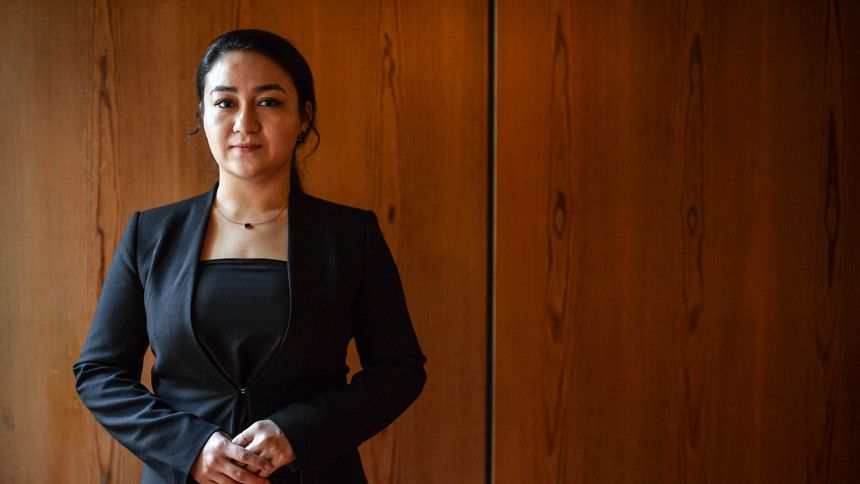
Chinese suffering under harsh measures used to fight the deadly new coronavirus should recognise that similar methods have been deployed against China's minorities for years, an exiled Uighur rights activist said this week.
Jewher Ilham, the daughter of jailed Uighur intellectual Ilham Tohti, criticised some of the measures imposed by Beijing, including placing tens of millions of people under lockdown with little freedom of movement.
But she said she hoped the crackdown might raise awareness and more sympathy among the general Chinese public for the Uighur minority in the northwestern Xinjiang region, who she said had long faced similar oppressive methods.
"This is a time when the Chinese citizens will have to realise that the Uighurs are not the only ones who are targeted," Ilham told AFP this week in Geneva, where she was attending a conference for human rights activists.
Ilham, whose award-winning father was sentenced to life imprisonment in 2014 for "separatism" in an internationally criticised trial, said it was time regular Chinese citizens realised that "terrorists" are not the only ones seeing their rights trampled on.
"It is not about religion. It is not about our identity," she said. "This is about human rights."
China has faced international condemnation for rounding up an estimated one million Uighurs and other mostly Muslim ethnic Turkic minorities in internment camps in Xinjiang, where rights groups say inmates endure political indoctrination and forced assimilation into the majority Han society.
Beijing says the facilities are "vocational training centres" necessary to combat terrorism through job training and teaching Mandarin.
Chinese authorities have taken drastic means to try to halt the spread of COVID-19, which has killed more than 2,200 people since emerging in December, with more than 75,000 people infected in China and hundreds more in over 25 other countries.
Some 56 million people in central Hubei province and its capital Wuhan, the epicentre of the outbreak, have been placed under unprecedented lockdown.
Authorities, who have begun going door-to-door to compel anyone with symptoms into quarantine, have been met with praise from the World Health Organization, which credits Beijing for so far having averted an explosive international spread of the virus.
But rights advocates have raised alarm over the crackdown both on freedom of movement and of expression, and have also raised questions about access to food and medicine for those under lockdown.
'Not new'
"The treatment for those Wuhan patients or non-patients is not new. We found it very similar to what the Uighurs have been experiencing for the past decade, like locking them up at home, not giving food," Ilham said.
She said she regretted that "Chinese citizens are waking up in such a way" to Beijing's oppressive practices.
"But I do hope that they can grow to have sympathy and know that... we are all facing the same situation."
Ilham pointed to the case of her father, who ran the UighurOnline website and gained prominence as a moderate voice drawing attention to ethnic tensions in Xinjiang.
She said the allegations against him were "nonsense", and that he had been arrested to silence his criticism of the treatment of Uighurs and other minorities.
Ilham said she has not received any word about her father since 2017.
"I don't know if he has been relocated, if he is still held in the same prison, if he has been transferred to a camp," she said.
"I don't know if he is even alive."
The idea that he might be in the camps is frightening at a time when the new coronavirus is raging.
So far, China has reported 76 cases of the virus in Xinjiang, and one death, but Uighur exiles and other observers have raised concerns that the numbers may not be accurate in the closely-controlled region.
They have also voiced fear of the impact if the outbreak truly hits the overcrowded camps.
"This is actually one of my main concerns," Ilham said, calling on the World Health Organization to send a delegation to Xinjiang to "evaluate the real situation, the real numbers."

 For all latest news, follow The Daily Star's Google News channel.
For all latest news, follow The Daily Star's Google News channel. 

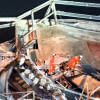
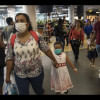
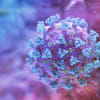
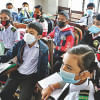



Comments